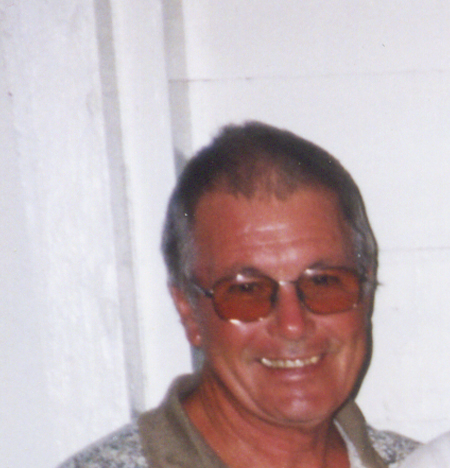The quest for excellence
By John MacInnis, sfm
April 2000
Return to Table of Contents
Print Article
Teacher training in Guyana
Never in my wildest imagination did I dream that after my retirement two years ago, I would be given the opportunity to share experience, knowledge and skills with teachers-in-training in Guyana. This only became possible when my wife Jean and I decided to join Scarboro Missions as lay missionaries and were missioned to Guyana.
When we arrived in New Amsterdam in June 1998 we did not come with a specific job in mind. We were asked to discover the needs of the people and use our abilities as best we could. A visit to a special needs school (where Jean is now volunteering) led to my interview with Miss Garrett, head of the teacher-training centre for New Amsterdam, and subsequent work as a part-time lecturer.
A short month later, after surveying the syllabus, I discovered myself thrust in front of a group of curious, eager young minds who saw education as their only hope. Education was their vehicle for advancement out of poverty.
I DISCOVERED MYSELF THRUST IN FRONT OF A GROUP OF CURIOUS, EAGER YOUNG MINDS WHO SAW EDUCATON AS THEIR ONLY HOPE.
Many of my students have already spent a number of years as teachers, having entered the profession directly after secondary school. Now they have decided to become qualified which will mean a substantial increase in salary. Take-home pay for an unqualified teacher is equivalent to $90.00 a month. For this meagre salary they must provide themselves with not only the necessities of life, but as well all their basic school supplies.
According to a September 1, 1999, article in the Stabroek News, a Guyanese newspaper, large numbers of teachers are leaving Guyana to teach in other countries where they can receive a far better salary. This of course is a serious problem to the education system in Guyana.
The program
Teacher training at the primary level consists of a two-year program. They not only have the opportunity to gain new knowledge in most of the subject areas, but as well they are shown how to apply this knowledge through demonstration lessons, presentation of ideas and sharing sessions. Not only must they demonstrate practical experience, but as well they must prove mastery of a lot of new content in English, Mathematics, Science, Social Studies, Curriculum, Psychology, Classroom Management, Reading, Art and Physical Education.
The secondary teacher program is for a period of three years with an area of focus being determined in the second year. Once again, these young people have only completed secondary school and are now expected to teach individuals only a few years younger than themselves. When they graduate they must teach the full range of classes.
After 35 years in the Canadian school system, as a teacher and then a school principal, I know that I could not have made the transition from student to teacher that rapidly in my own life. Here in Guyana this is the norm rather than the exception.
The school year consists of three terms of approximately 13 weeks each and the teacher-trainees attend classes for two and a half days a week. During holidays they often end up attending extra classes to better prepare themselves for what lies ahead. Actual evaluation of teaching practice occurs in the second year and as well they are expected to produce a major research paper.
Crowded conditions
When one thinks of a teacher-training institute, one does not imagine 150 individuals in a large auditorium, separated only by movable blackboards. It reminded me of the open concept school with blackboards as dividers.
Added to this overcrowding is the heat and lack of air circulation. Complaints are seldom heard but I can only imagine the struggle some of them must endure to stay focused and learn. Now I have a greater appreciation of these young people and really respect them as they try to become the best at what they do.
The life of the teacher candidates is truly an exhausting one. They face not only the preparation for their own classroom which for some is as much as three to four hours nightly, but many also spend three hours daily travelling to and from classes. Their quest for excellence makes me appreciate the sacrifices which they are prepared to make to be successful in life.
Great stories
There are many great stories I could share that have happened in my first year, but one especially comes to mind. Mathematics can often best be learned through game situations. Many of the activities which I introduce require the use of dice, so we went about making our own dice. One of the young teacher-trainees then introduced them in her classroom. Her father, a fellow tutor in Mathematics, quizzed her on the relevance of using the dice. When she explained what she was able to accomplish he became much more appreciative and asked her to make him some, too.
Another activity required the flipping of coins and recording the results in graph form. I did not realize that many of the trainees had never flipped a coin in their lives; however, once mastered, there was no stopping them as they discovered other uses of this newly-acquired skill.
To reach out and touch somebody even in a little way was a tremendous gift afforded me as a missionary. God had a plan that I would share my skills and talents with others so that they could become more effective as teachers. I have been able to dream the impossible dream.
Return to Table of Contents
Print Article
